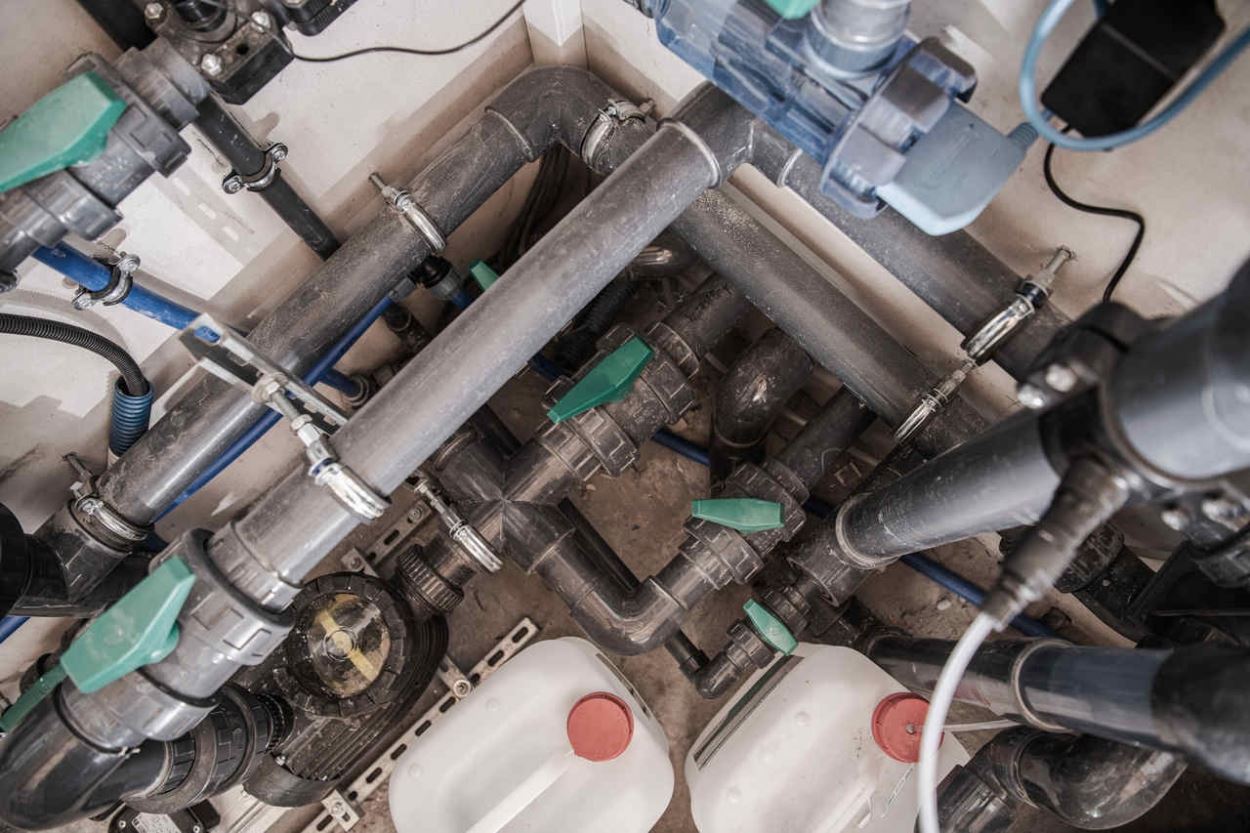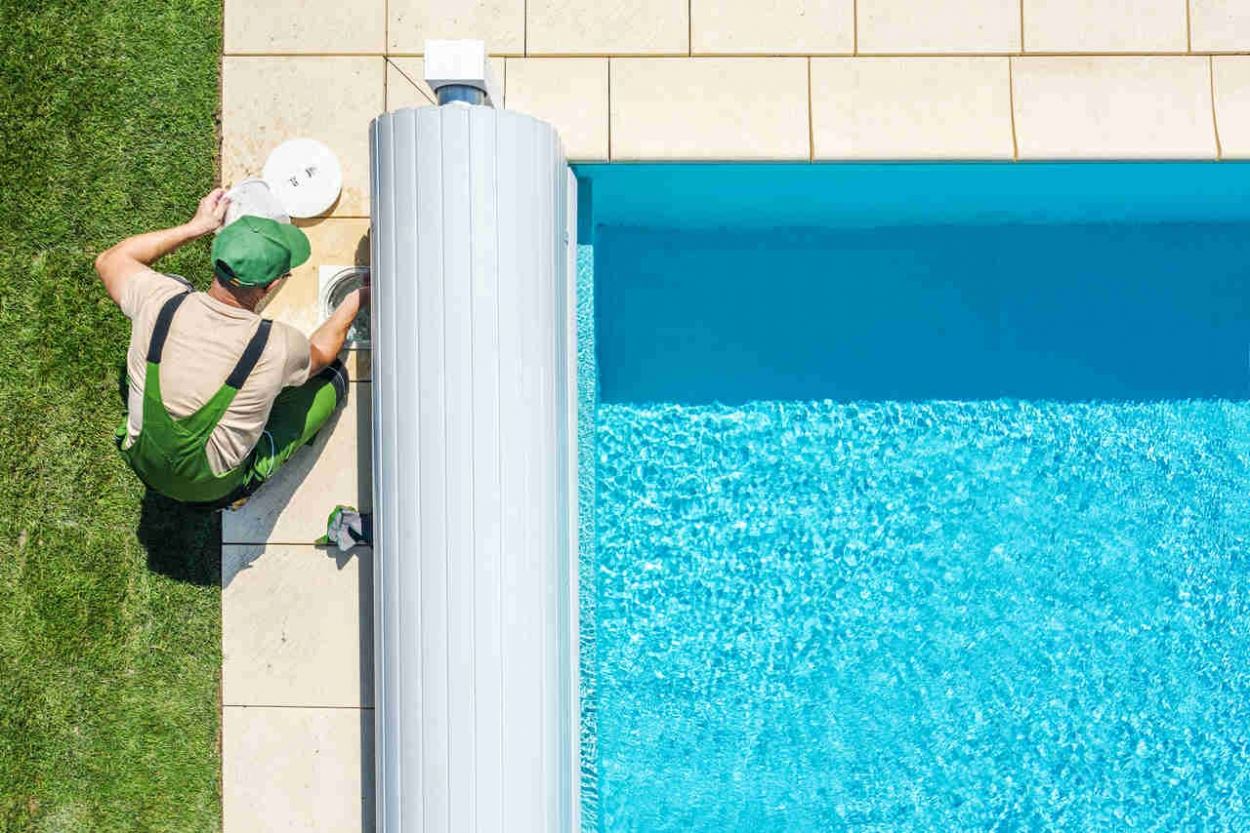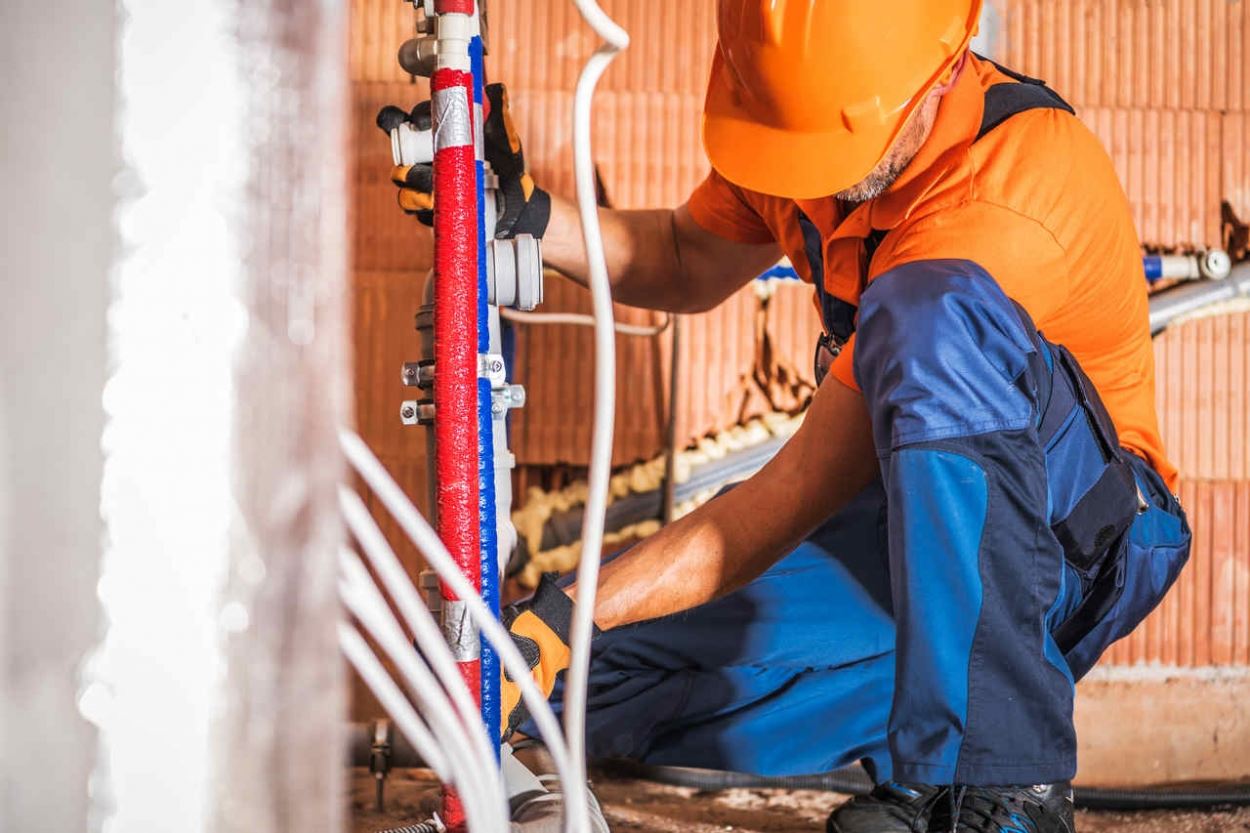Salt vs Chlorine For Pools: Which One Is Better?
2021-03-23(14645)
Salt vs chlorine pool has been a long discussed matter, concerning which one is better and healthier for the human body as they are disinfectants. Today, the classical method of pool disinfection is carried out with various chemicals. However, the harm of these chemicals to human health and the environment is widely known.
Koyuncu Salt, Turkey’s largest salt importer, produces a great variety of salt products. including high purity and quality pool salt. Therefore, salt vs chlorine pool is a topic also related to our company.
Salt vs Chlorine Pool
The two most common ways to sterilize a pool are by using chlorine tablets or chlorine generators, or salt water pools. In this article, we'll explain salt vs chlorine pool, the pros and cons of each system, and try to come to an objective conclusion regarding which one is better.
What is Chlorine?
Chlorine is a chemical product produced when sodium chloride, sulfuric acid, and manganese dioxide create a reaction. This reaction is used to obtain chlorine.
In industries, chlorine is produced by the electrolysis of sodium chloride. Sodium hydroxide and hydrogen gas are released as byproducts.
The three most common types of chlorine used in pool disinfection are chlorine gas, sodium hypochlorite, and calcium hypochlorite.
Using Chlorine as Pool Disinfectant
Chlorine has been a traditional product for pool cleaning for over 50 years. It became the standard because technology and available disinfectants made the pools easy to clean and maintain.
Pool disinfection often relies on chlorine tablets to clean and disinfect pool water from germs, bacteria, and algae. Tablets are dispensed into an external chemical feeder or in-pool floating device mounted next to the pool equipment.
 The most convenient way to dispense chlorine tablets into a pool is with an external automatic feeder. While the pump is running, the water flows over the tablets, the tablet chlorine dissolves slowly in the pool water.
The most convenient way to dispense chlorine tablets into a pool is with an external automatic feeder. While the pump is running, the water flows over the tablets, the tablet chlorine dissolves slowly in the pool water.
Changing the distribution rate to keep your chlorine levels in the optimal range can be easily done with the dial on the chemical feeder. The dial adjusts the amount of water flowing over the tablets; this changes the rate at which the tablets dissolve and are released into the pool water.
Pros of Chlorine
● Easy to maintain proper chlorine levels.
● Stabilized to prevent chlorine loss due to UVA rays.
● Ideal for all pool types and residential or commercial pools.
● Relatively cheaper.
Cons of Chlorine
Chlorine can be toxic not only to microorganisms but also to humans. For humans, chlorine is irritating to the eyes, nasal passages, and respiratory system.
Chlorine gas for pool disinfection should be handled with caution as it can cause acute health effects and can be fatal at concentrations as low as 1000 ppm.
However, chlorine gas is also the most expensive form of chlorine for water treatment, making it an attractive choice regardless of the health hazard and expense.
What Is Pool Salt?

Salt generators have been gaining popularity for the last 20-30 years. When a chlorine generator is added to a pool, salt is poured into the pool and waited until it melts.
The salt generator itself is made of parallel titanium plates that electrolyze dissolved salt to produce chlorine.
In other words, pool salt is produced by the electrolyzation of salt dissolved in pool water.
Using Salt as Pool Disinfectant
Like a pool using chlorine, the same levels of chlorine are required to maintain a pool that also uses a salt generator. The recommended average range for a residential pool is 1-3 (ppm) chlorine. The task of the chlorine generator is to produce chlorine from the salt in the water.
Changing production of chlorine levels obtained from salt is done with buttons on an adjustable dial or control panel that allows you to change the chlorine production rate similar to a chemical feeder.
Production is changed by changing the opening frequency and duration of the salt generator cell.
Pros of Salt Pool

The small amount of salt in the water of the swimming pool acts as a natural antiseptic that prevents the growth of bacteria and algae while leaving a gentle effect on the skin of swimmers.
This balanced salt concentration does not cause skin irritation. Rather, it provides natural relief. Unlike traditional chlorination systems, the pool salt types do not cause skin and eye discomfort and an unpleasant chemical odor.
In addition, the problem of accumulation of harmful components such as isocyanides, colorants, and preservatives in products used in traditional methods in the pool water is eliminated with salt pool.
The hygiene effect of salt chlorine is much stronger than in conventional systems. Chlorine is continuously produced at a certain point in the water disinfection cycle, and its concentration reaches very high levels at the point where it is produced.

This salt chlorine concentration removes contaminants that cannot be eliminated at the chlorine level present in the pool. In addition, as the water passes through the electrode unit, it is exposed to a strong electrical field that allows contaminants such as bound chlorides and body lotion residues to oxidize and disappear.
This is only possible with a salt chlorinator. Salt pools are also more environmentally friendly as they don’t leave chemical waste.
Salt chlorine is produced by an automatic system and dissolves in water. It does not require the use or storage of hazardous chemicals, thus eliminating the risk of fire or explosion.
There is a function cycle in which chlorine is produced from salt and turns into salt after completing its function. Therefore, there is no accumulation of chemicals, so the pool does not need to be drained.

Cons of Salt Pool
● Salt pools require a larger investment, making them more expensive than traditional pools.
● Salt pools, which are more complex than traditional pools, often require experienced technicians, even for minor problems.
● Salt can damage some equipment; therefore, you may need to avoid using certain types of heaters, fixtures, underwater lights, liners, and even some masonry work.

Conclusion
Each pool maintenance method has its own pros and cons. Even though there is not a certain answer for which one is better: Salt vs chlorine pool, it can be deduced that salt pools are healthier for both swimmers and the environment, regardless of the relatively high costs.
Salt pools are great investments as you see remarkable results in the short and long term. They are also the ideal pool types for your family’s health.
For hotels or swimming facilities, people experience smoother swimming, making them leaving satisfied and choosing to come again.
It should also be noted that member countries of the European Union encourage using the automatic pool disinfection system with salt water. It might be the case all over the world, as it is becoming widespread due to the positive results obtained.




